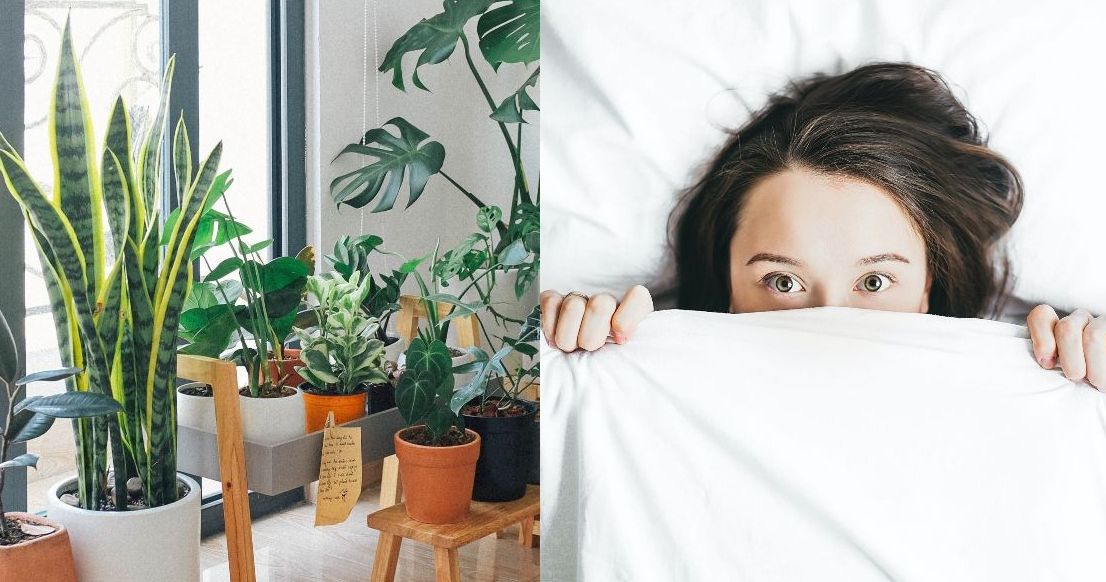I think plants have been the pandemic hobby that many of us have turned to. Caring for these living things brings a lot of peace into your life and has the added benefit of being good for our health.
Gardening is arguably one of the most common ways of interacting with nature and indeed is enjoyed as a popular pastime in many countries. In fact, studies have shown that gardening increases an individual's life satisfaction, vigor, psychological wellbeing, positive effects, sense of community, and cognitive function
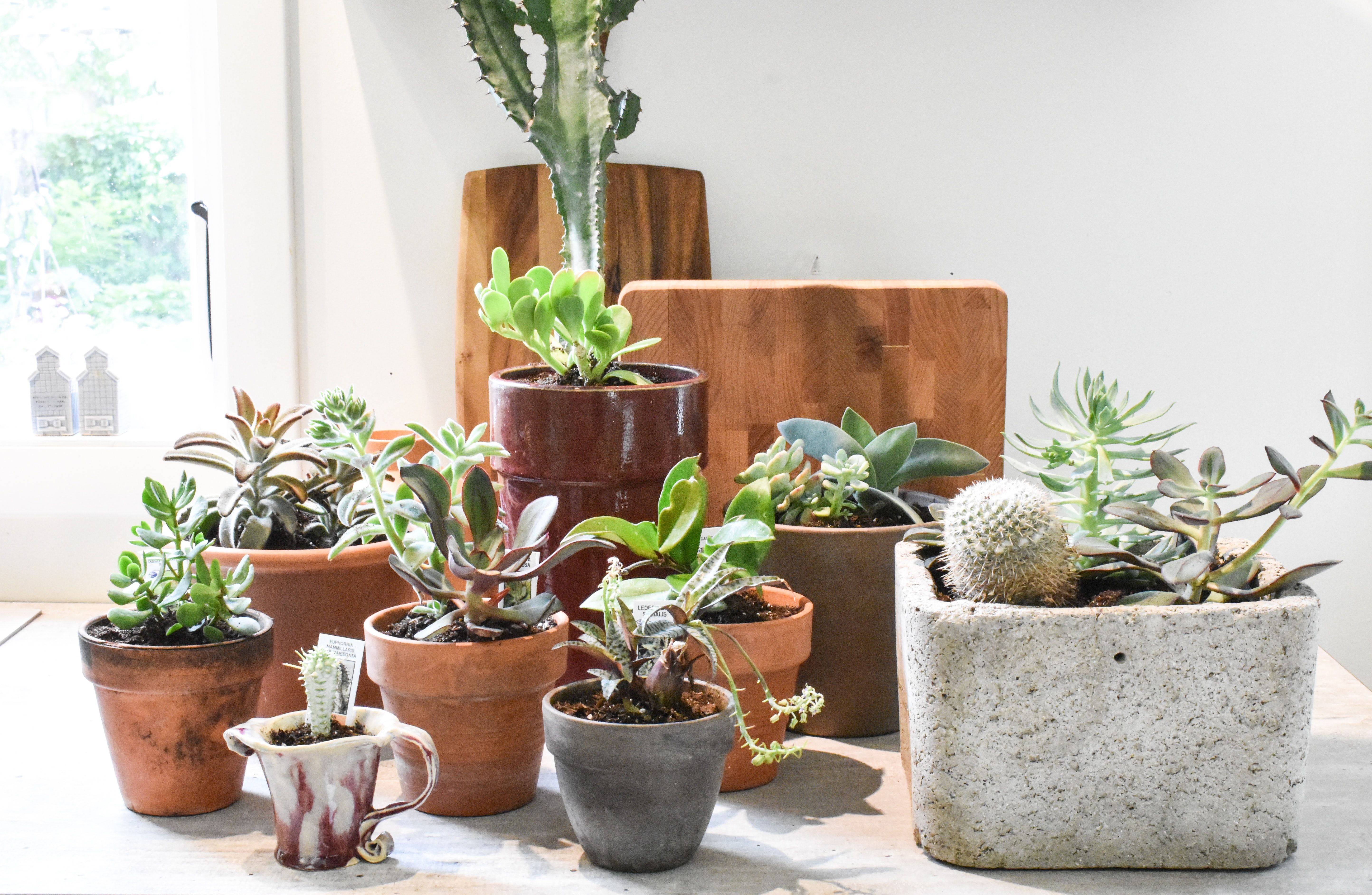
Anybody who knows me is aware that I have problems sleeping. It has been an issue for me my whole adult life. I cut caffeine, got tested for sleep apnea, changed my diet, and started going on walks after dinner. To no avail. It's something I accepted and make the best of. During our time of quarantine, I began to expand my houseplant collection. To learn more about what I was doing, I joined a gardening group, one day I came across a post that sang the praises of placing a plant in her bedroom. It was helping her to sleep better. Curious, I began to research and eventually settles on a plant I thought would work in my bedroom. Long story short, it worked and I thought some of you might be interested in trying it too.
Not only do plants purify our living spaces, but they can also help us to fall asleep faster and get more shut-eye. Who wouldn't want to have more energy throughout the day? The added benefit is that they look good. Please consider what kind of light you have in your room before purchasing a plant since, without the proper light, a plant won't flourish.
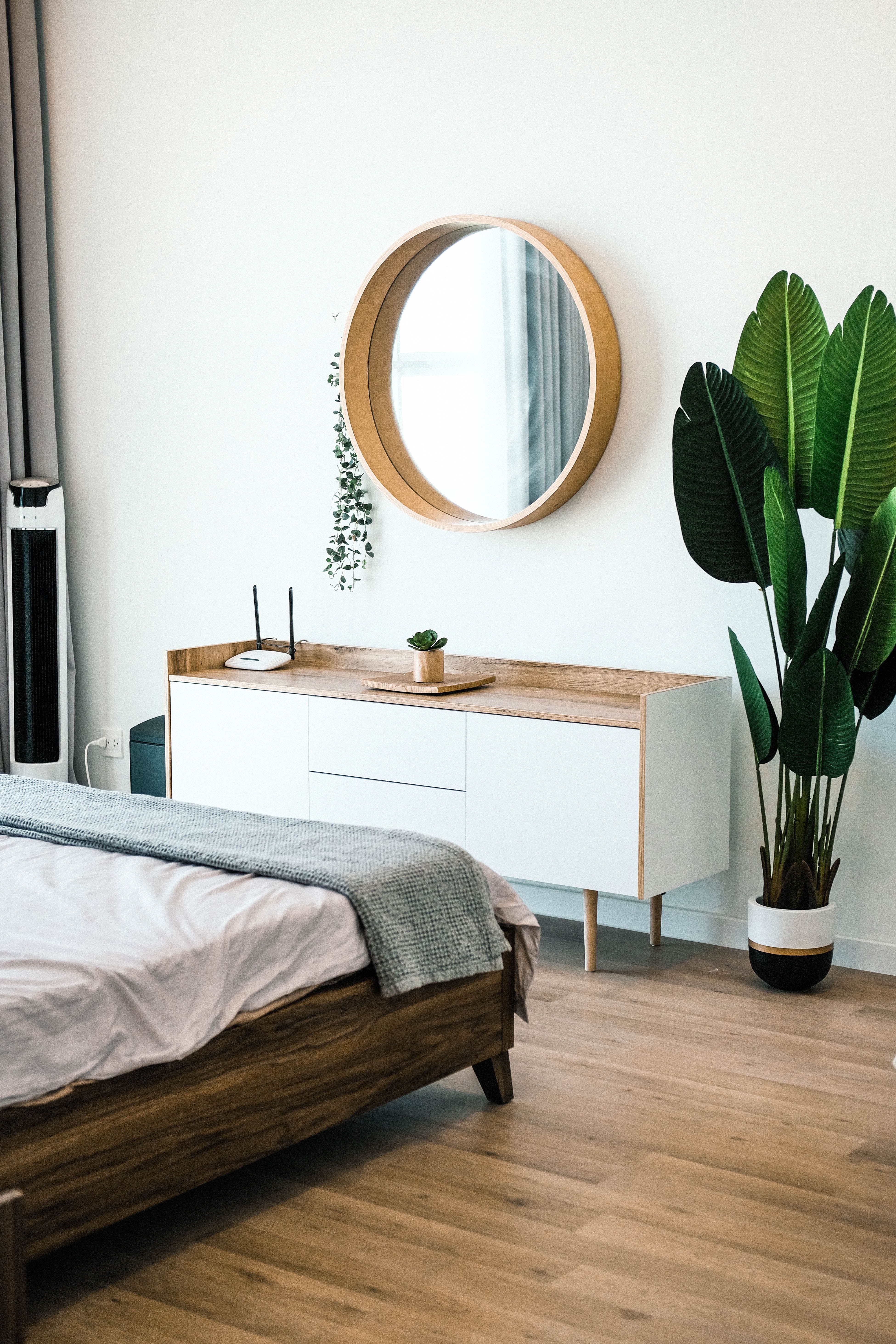
Here are 15 bedroom plants that will help you sleep better every night. Check out each one to see which is a good fit for your room.
Orchids
These flowering plants are many people's favorite for a reason. Not only do they smell great but these beauties work hard at night to purify the air in your bedroom. Orchids naturally absorb carbon dioxide and release oxygen and having a little oxygen producer in your bedroom is a great thing.
Most orchids placed in bright, indirect light from an eastern or southern window will flourish.
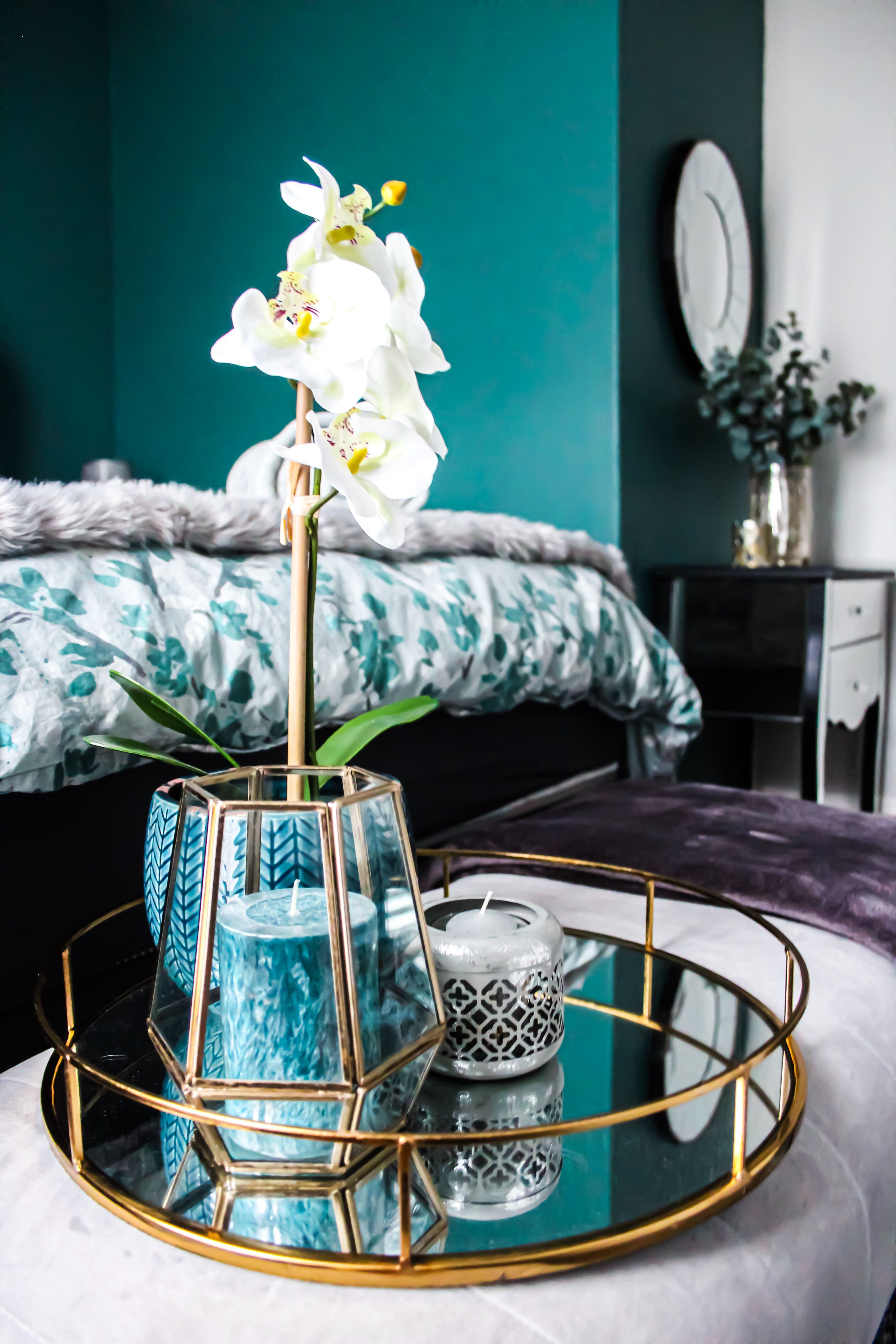
Bamboo Palm
The bamboo palm's leaves are well known to purify and humidify the air, and because they grow so high, they can absorb much more carbon dioxide in the environment.
I have one of these in the corner of my room and find that this beautiful palm plant is a lovely way to bring some calming nature to my bedroom.
Bamboo palms prefer part sun but can manage fine in full shade.
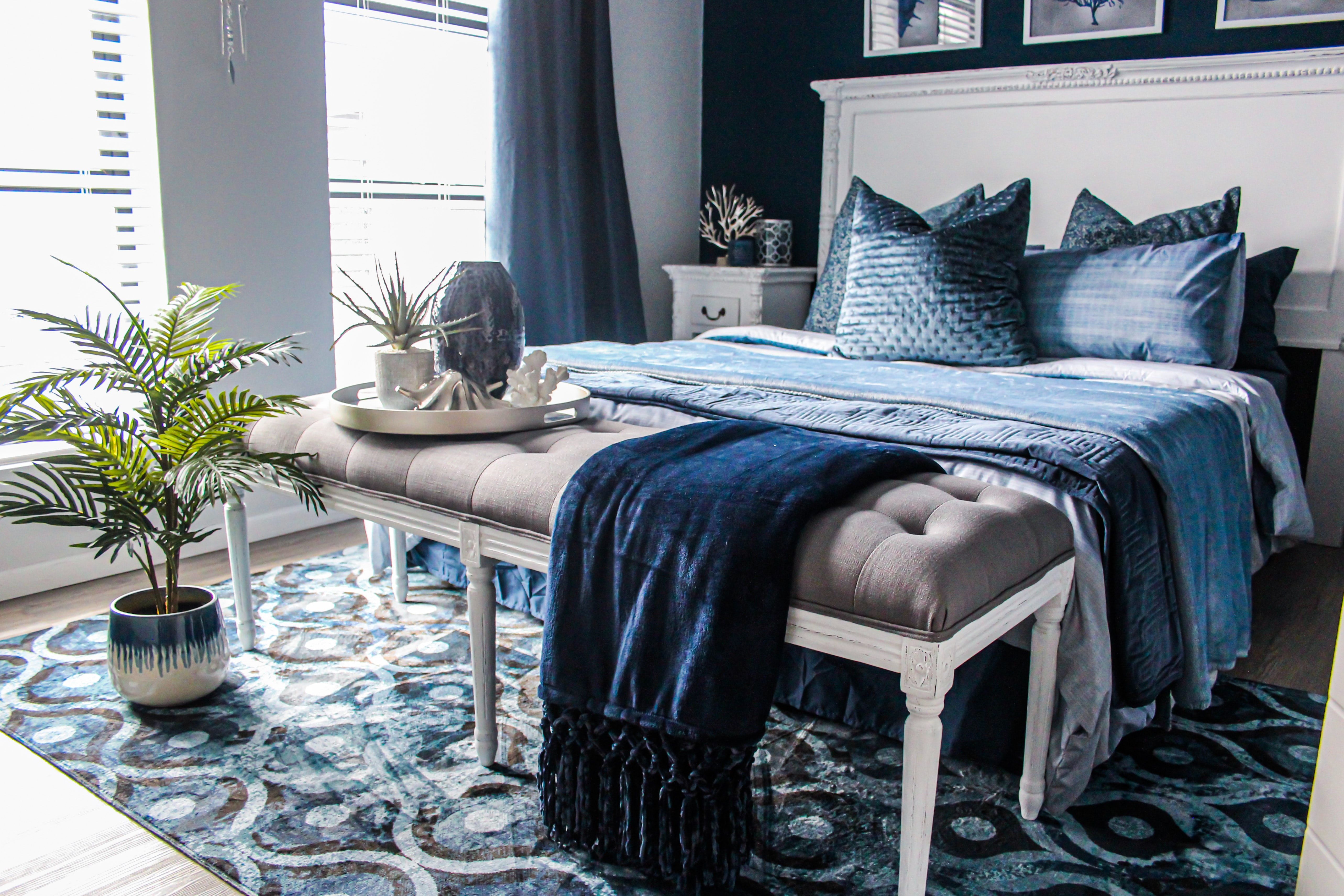
Snake Plant
The snake plant is one of the most recommended plants to improve indoor air quality.
A natural air purifier the tall plant emits oxygen at night that could help you sleep better. It's also known to remove some harmful chemicals from the air such as xylene, trichloroethylene, toluene, benzene, and formaldehyde.
Snake plants also super easy to take care of and very forgiving, making this the perfect choice for a houseplant beginner. While snake plants can tolerate bright, indirect light and even some direct sunlight, they also do just fine in low light aka a shady corner.
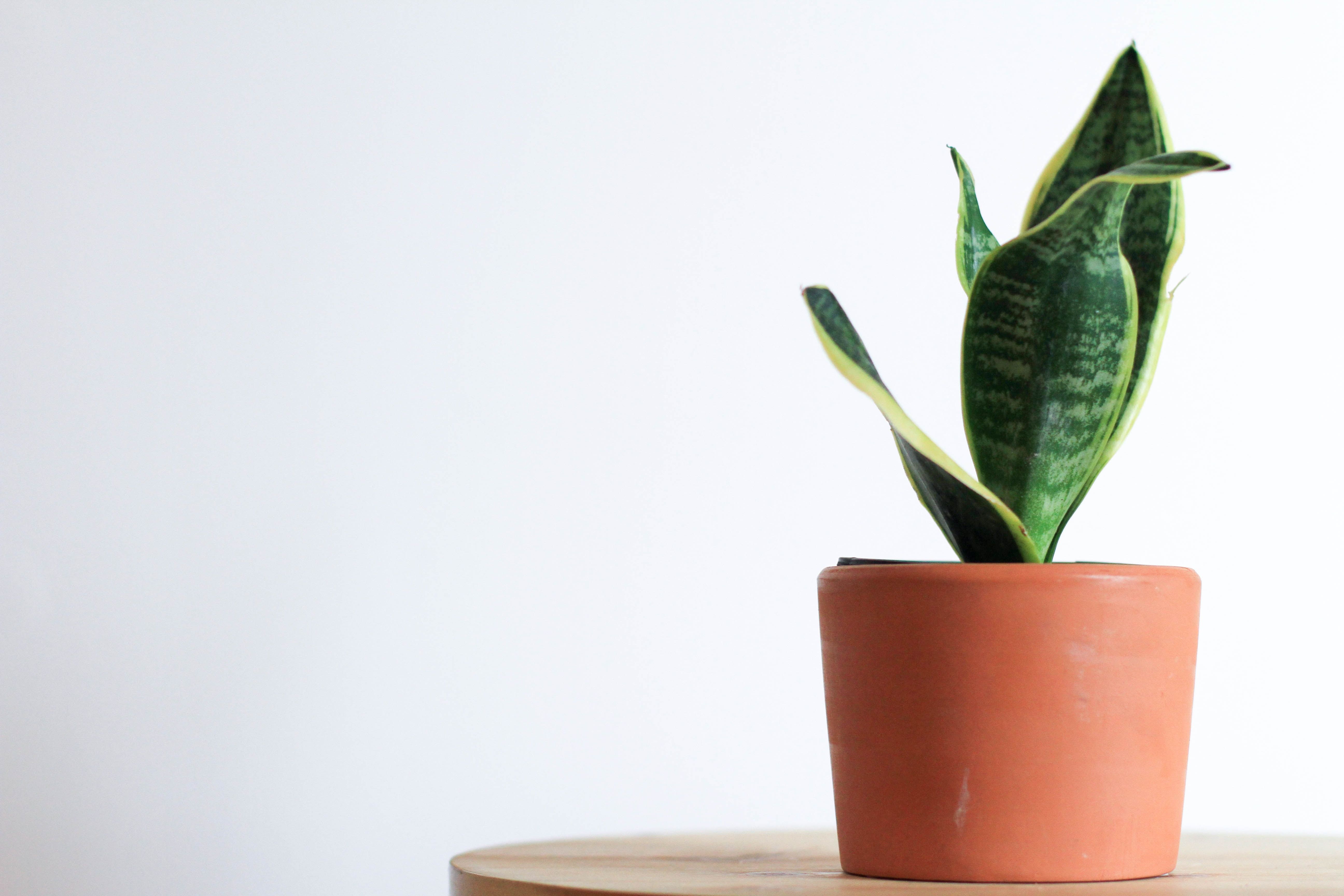
Aloe Vera
This is another plant that's perfect if you are just starting out on your plant journey. This versatile plant gives off oxygen at night instead of during the day which will boost the air around the plant a boost. Perfect for your bedside table, the aloe is neglect tolerant and hardly needs to be watered.
The aloe vera needs bright, natural light to grow and thrive. It isn't a low-light houseplant.

Jasmine
Instead of a sleeping pill or a mood enhancer, a nose full of jasmine from Gardenia jasminoides could also help, according to researchers in Germany. The study also showed that the scent of jasmine actually improves the quality of your sleep and increases your chances of waking up with a better attitude and less anxiety.
Light requirements of this beautiful plant can vary but a general rule of thumb would be full sun or part shade, usually about 6 hours or more of direct sunlight each day for full sun, and 2 – 4 hours per day for partial shade.
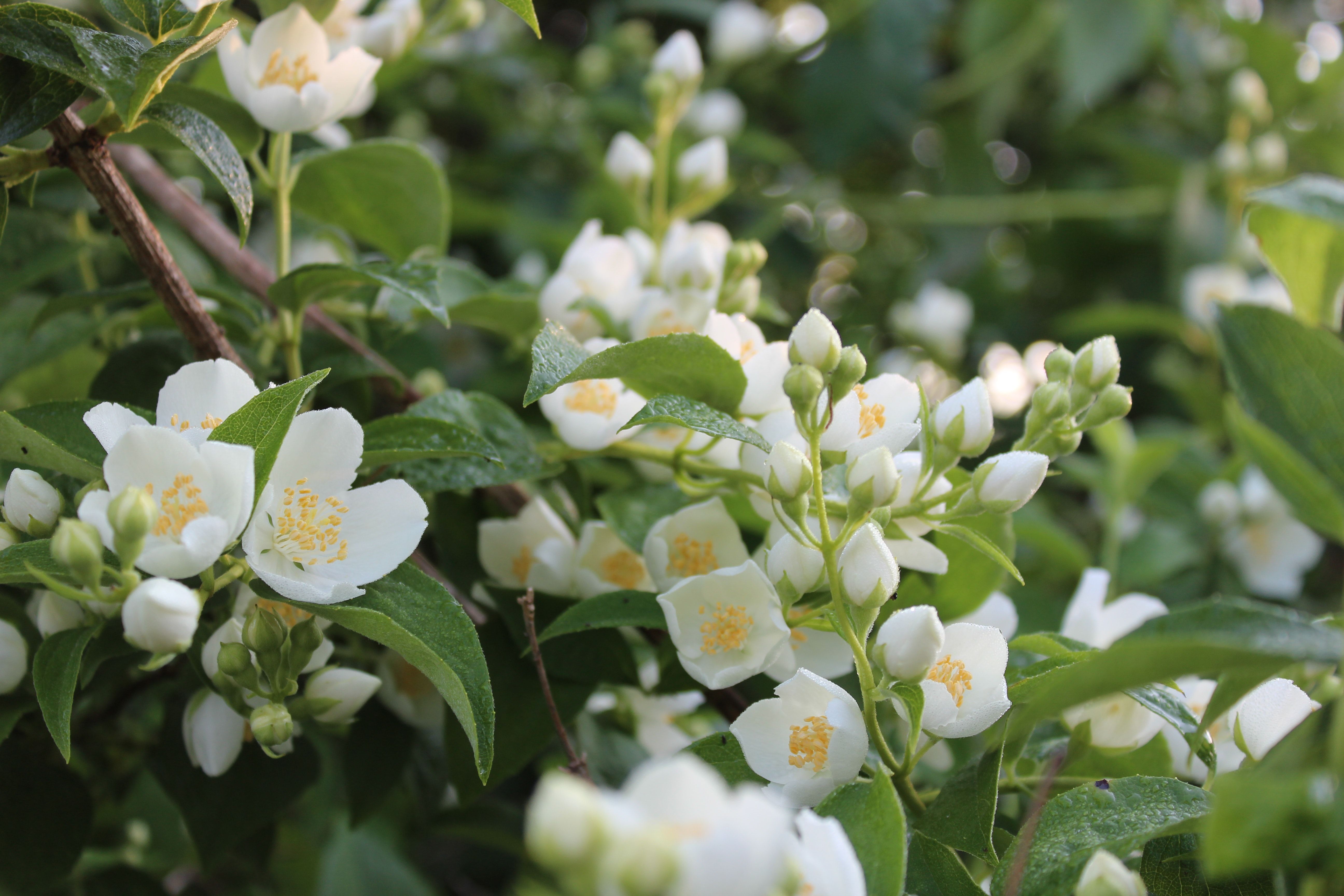
Lavender
If you don't love the soothing smell of lavender this one is not for you. This fragrant plant has been shown to reduce your blood pressure and heart rate. Those looking for a way to naturally help promote a good night's sleep should look no further.
Lavender thrives best in full sun and well-drained soil, but it is somewhat shade tolerant and will still grow under low light
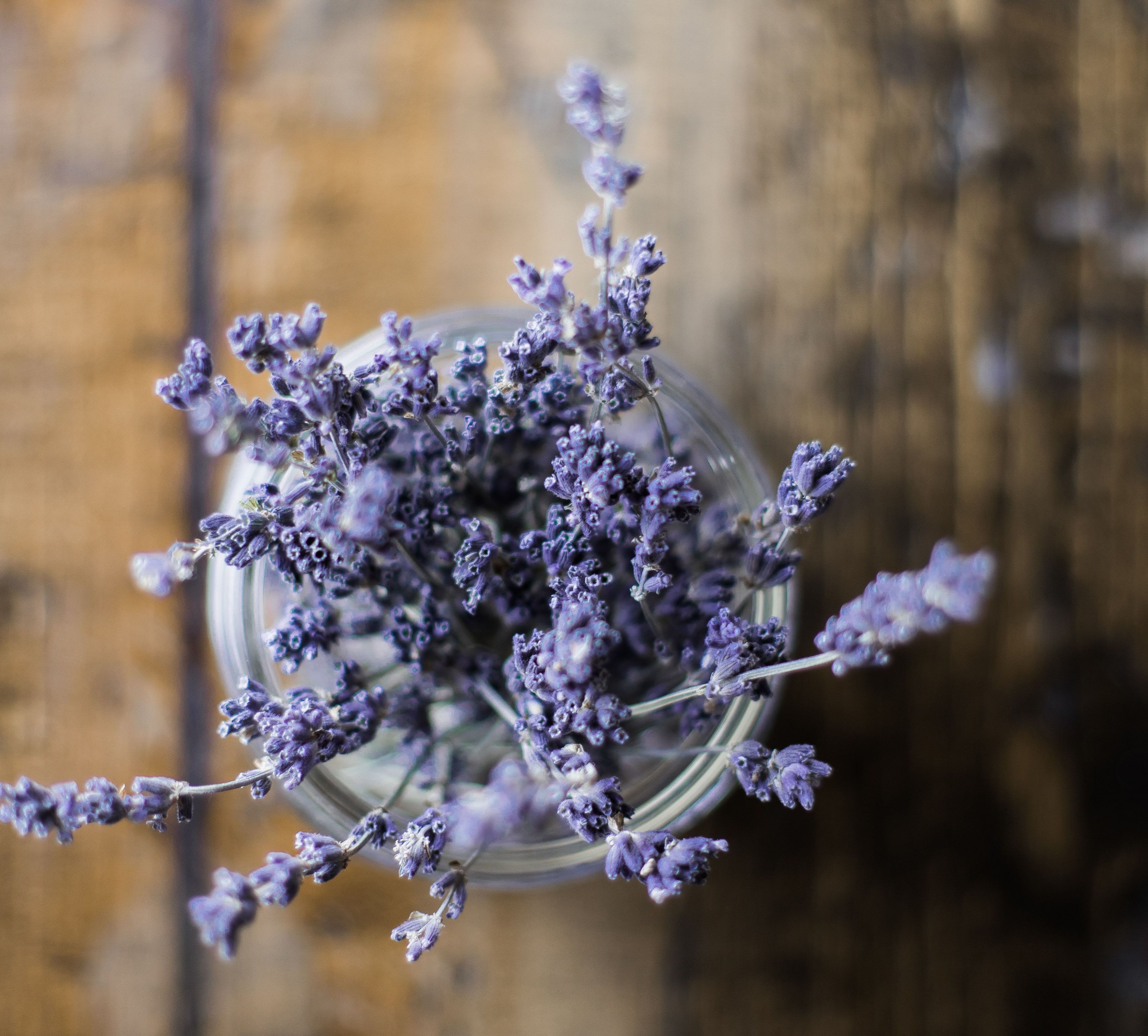
Chamomile
I'm sure you know that chamomile is widely regarded as a mild tranquilizer and sleep-inducer. I know I enjoy tea made from its flowers. I did know that you could grow it in your home and enjoy its delicate fragrance as I slept. Chamomile is a flowering plant in the daisy family which, to me, smells slightly like apples. Chamomile is one of the most widely used alternative therapies for promoting sleep and treating insomnia. It's more common to drink the tea to reap its medicinal benefits, but having the plant close to your bed will also help you get more shut-eye.
Chamomile specifically enjoys being placed in a sunny window but will grow under grow lights in a low-light environment.
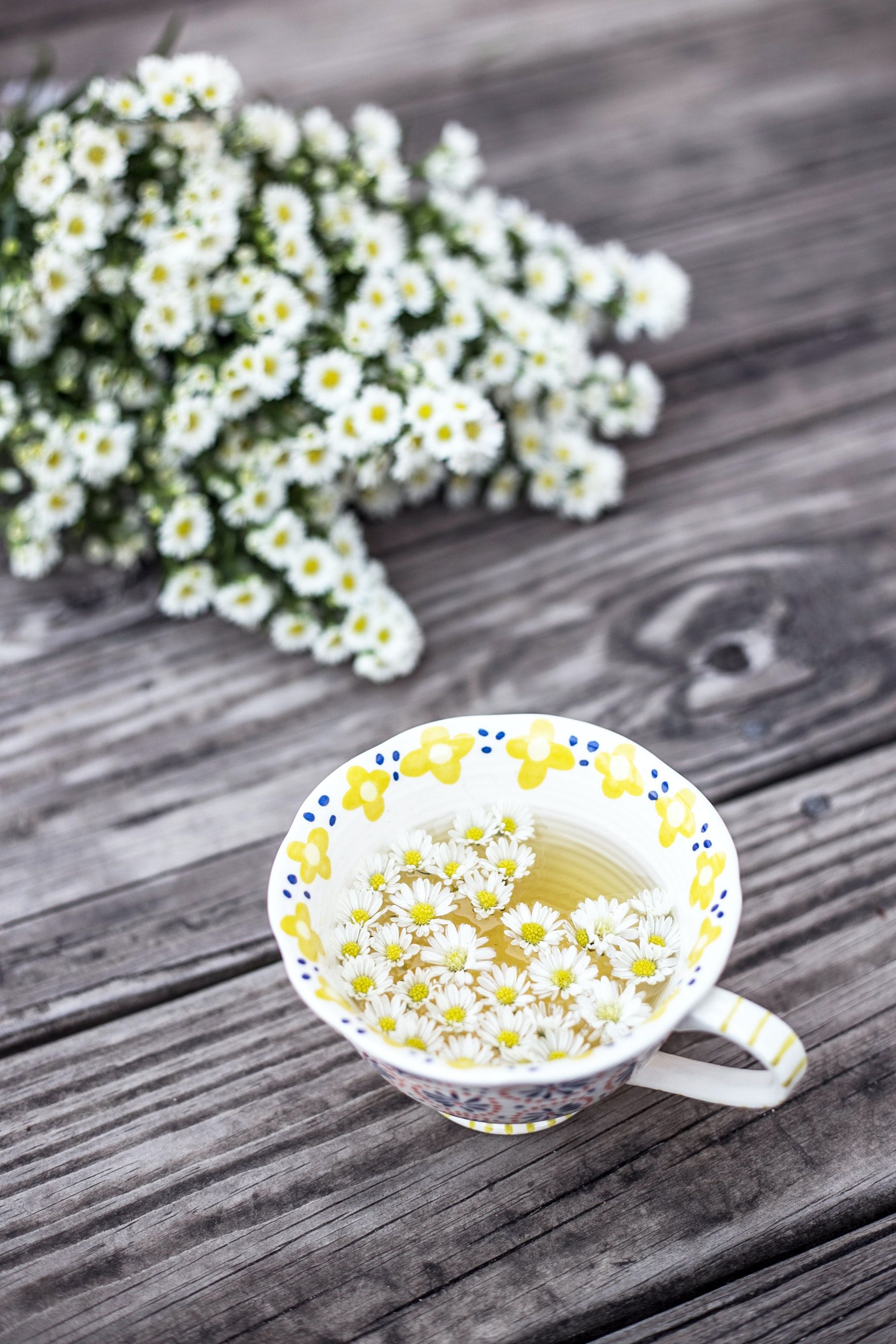
Spider Plant
Shout-out to this easy-to-care-for sleep aid that removes toxins from and purifies the air. The spider plant will keep your bedroom fresh while it sustains oxygen levels and gives you some well-deserved rest.
Known as the easiest to grow of all hanging or trailing houseplants, they are hardy and forgiving. When it comes to light, they are undemanding. While they prefer bright light and tend toward scorching in direct sunlight, mine grows in a very shady spot with no complaints.
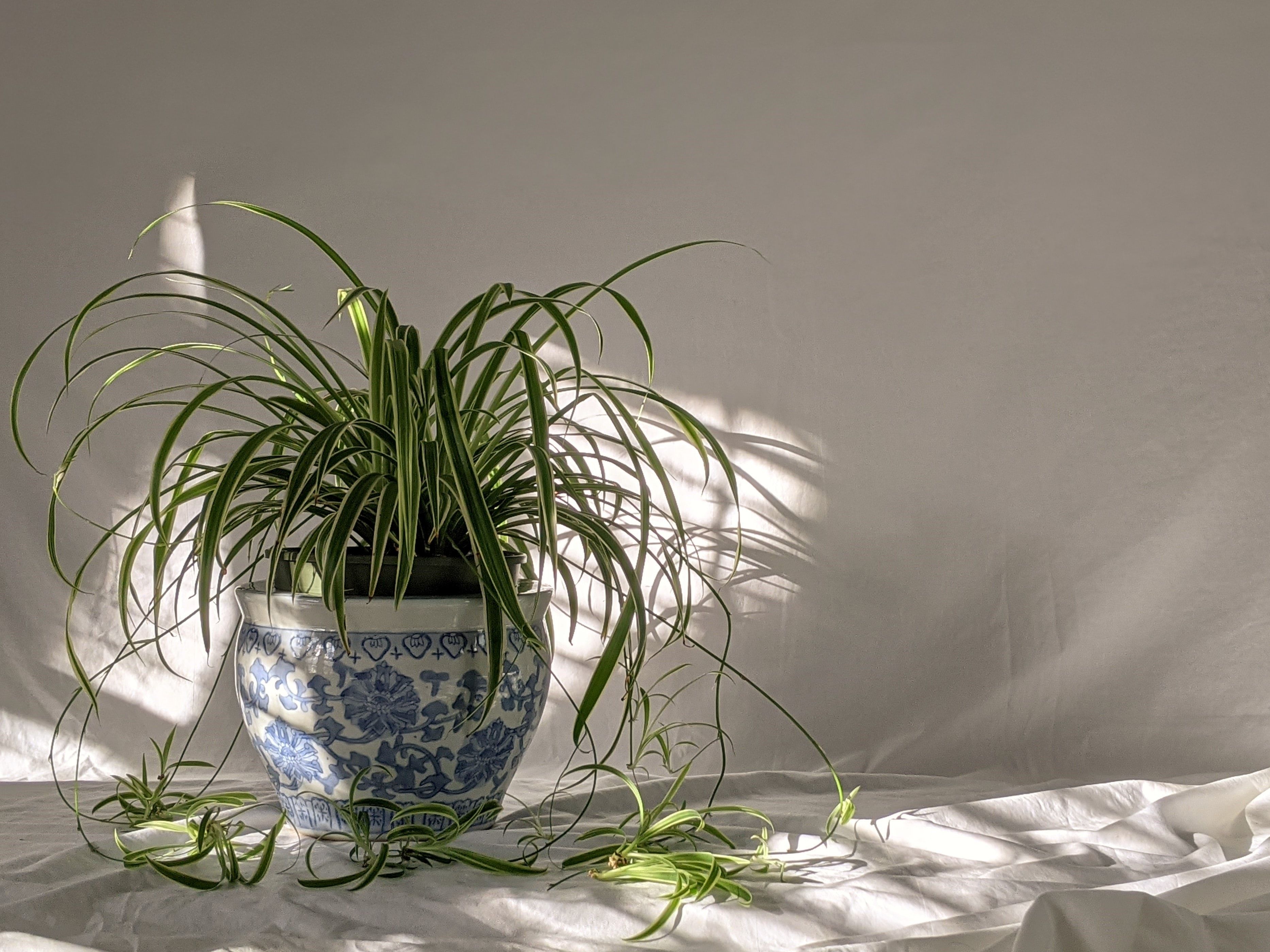
Peace Lily
The peace lily's gorgeous blooms do more than just stand there looking pretty.
This plant slightly increases your room's humidity so you can breathe easier. Think of them as a natural humidifier.
You'll only need to water them once a week, and they don't need much light to survive, making them the perfect bedroom plant.
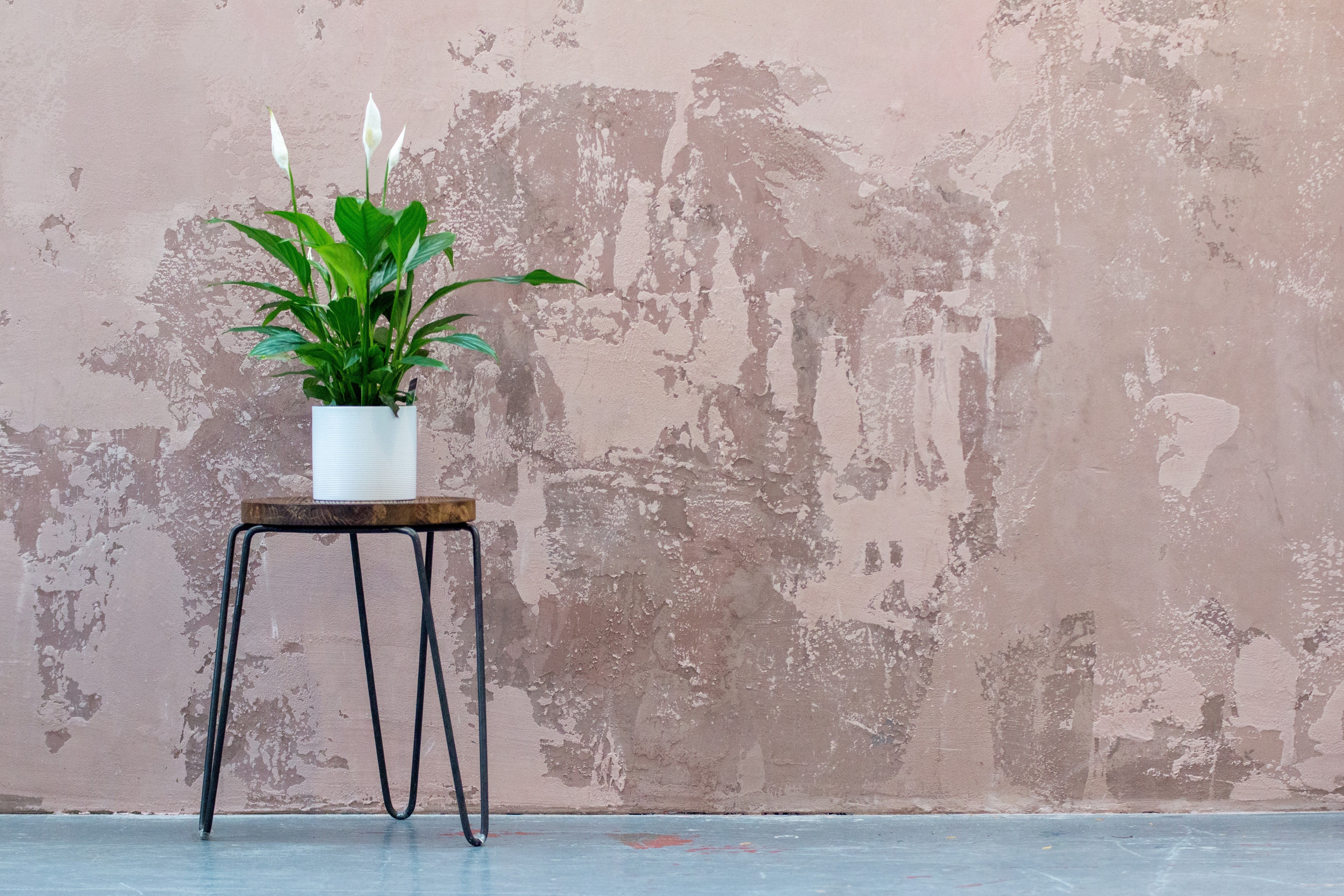
English Ivy
NASA likes to call this plant a high-ranking air-purifier and those of us who suffer from asthma and allergies could benefit from having an English ivy in our homes. This plant is easy to grow and doesn't need much light, but can be toxic if eaten by small children and pets so a hanging basket might be best if required.
The secret to growing healthy English ivy is to provide it with cool nights and moist, humid conditions. English ivy requires bright light.

Golden Pothos
I really love this plant. These plants are stylish, easy to care for and are pretty much a clean air superhero.
The golden pothos specializes in removing harmful toxins from the air, specifically carbon monoxide and formaldehyde, which improves the quality of the air to help you get a night of better sleep.
Golden Pothos require bright filtered light for most of the year. The more light they get, the more golden they will become.
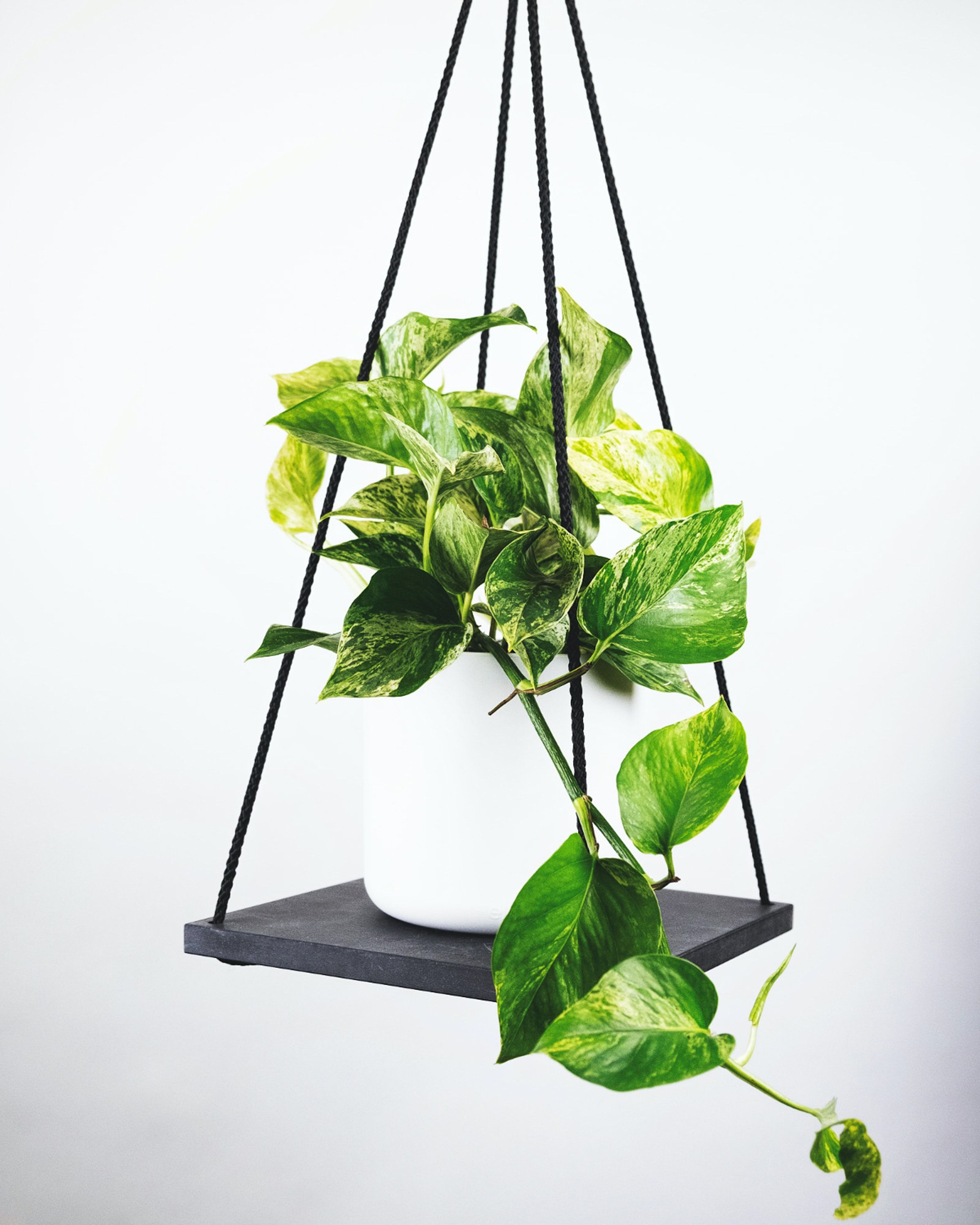
Boston Ferns
Fern plants are hearty and very easy to take care of and the Boston Fern is a special member of the family. This plant can help filter out formaldehyde from the air. If you’re new to the plant life and have no experience taking care of plants the Boston Fern would make a great “starter plant”.
Light requirements for Boston ferns are a critical aspect of successful growth as they vary depending on the time of year. During the summer the fern needs a semi-shady location, such as a window with a northern exposure. Avoid direct, intense sunlight.
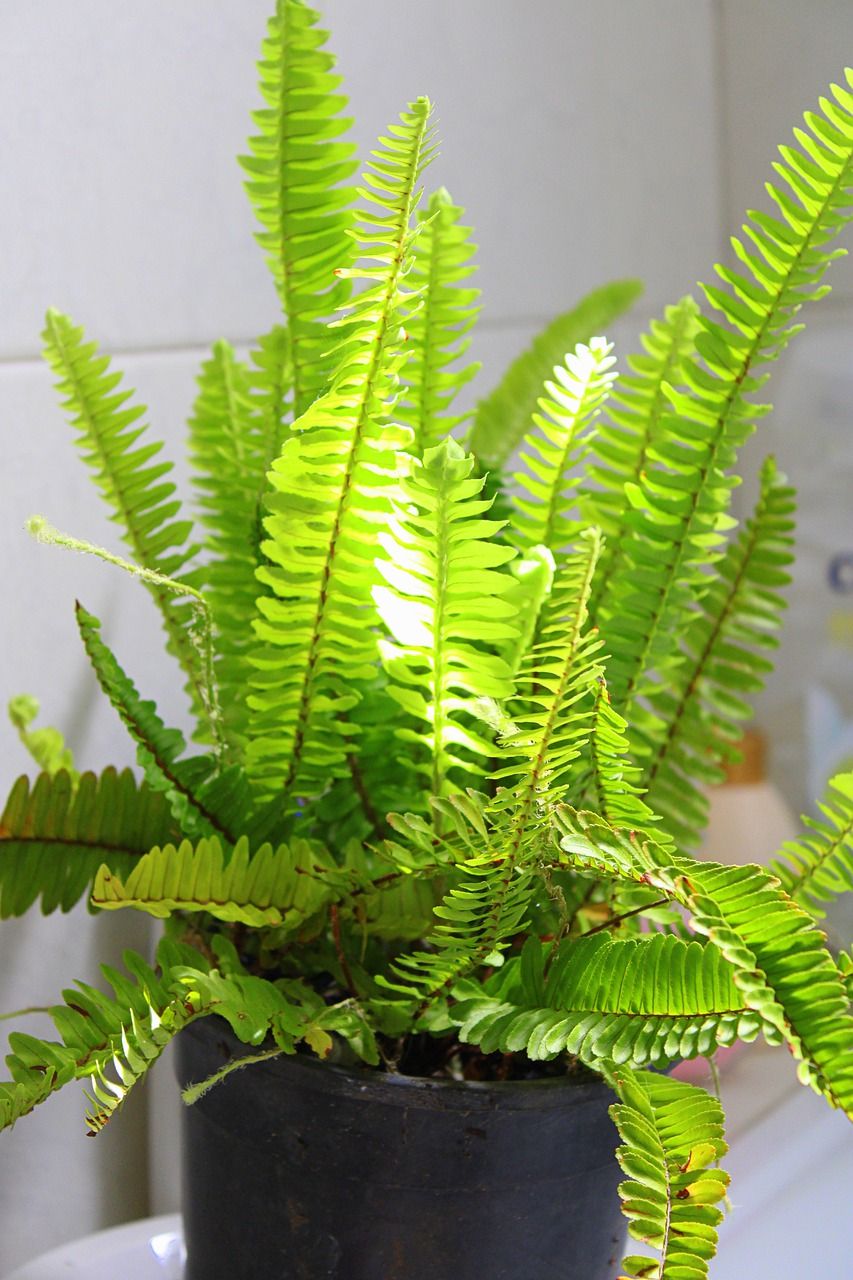
Gardenia
Gardenias are absolutely stunning, which makes them the perfect decorative addition to your room. Gardenias release relaxing aromas that reduce anxiety, relieve stress, and help you get a more restful night’s sleep. One study found that you’re less likely to wake up in the middle of the night and more likely to have restful sleep with gardenia nearby.
Make sure you put this plant in bright light and water them frequently.
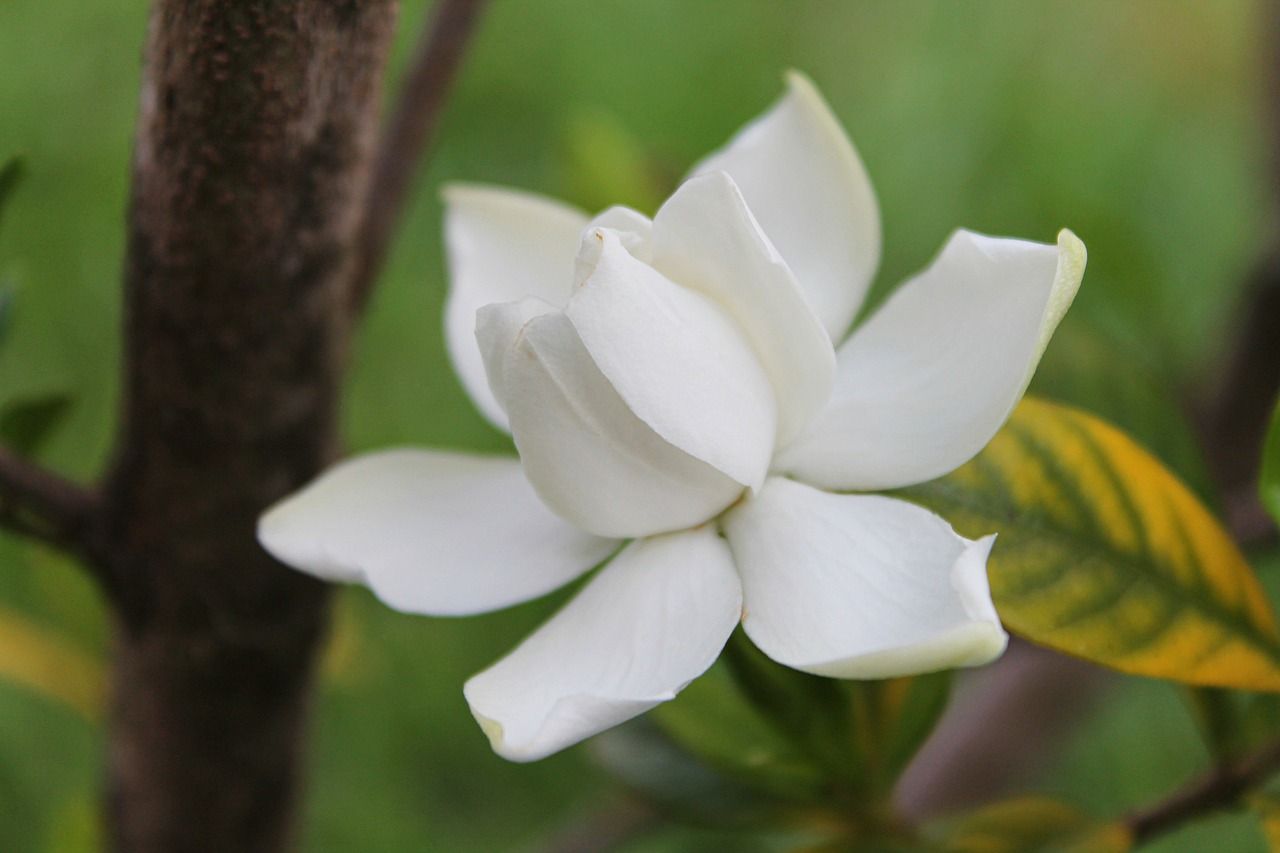
Sage
Are you going to Scarborough Fair? If you are, pick up some sage! Many people today burn sage or ingest the leaves, but not many people know about the benefits the plant has when it's placed in the bedroom. Said to help with the overall health of the body, sage is thought to act as a sedative, helping you to fall asleep faster.
When growing sage indoors, place your pot near a sunny window. Sage plants tolerate very light shade but do best in full sun.
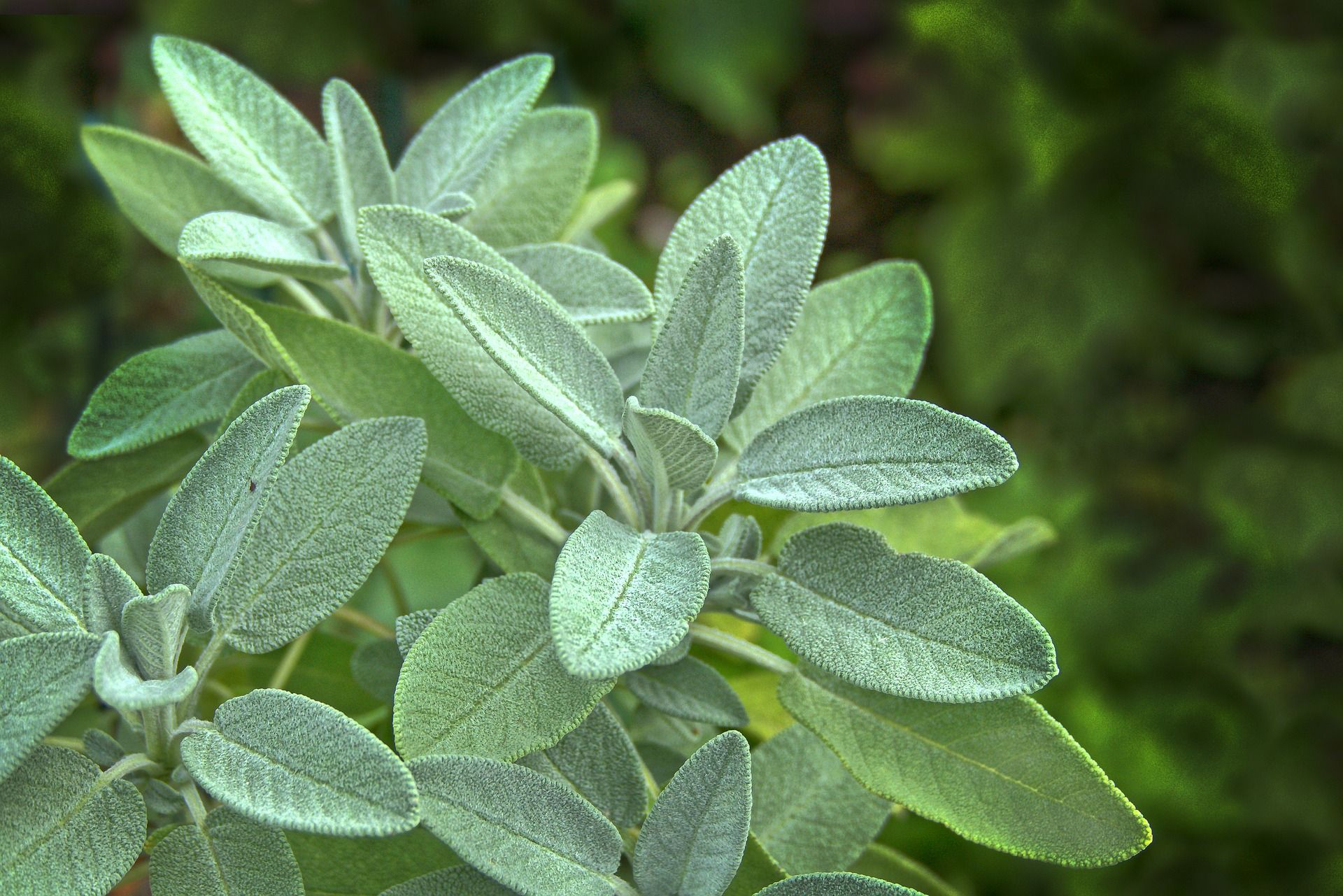
Bromeliads
Let this tropical plant do the work while you get some well-deserved Zzzs. Bromeliad plants increase oxygen in the evening while absorbing carbon dioxide during the day. For added oomph, have a bromeliad and a palm to bring a really tropical vibe to any space.
Some varieties prefer bright, indirect light while others thrive in almost constant shade. For the most part, bromeliads thrive in bright, sunny spaces.
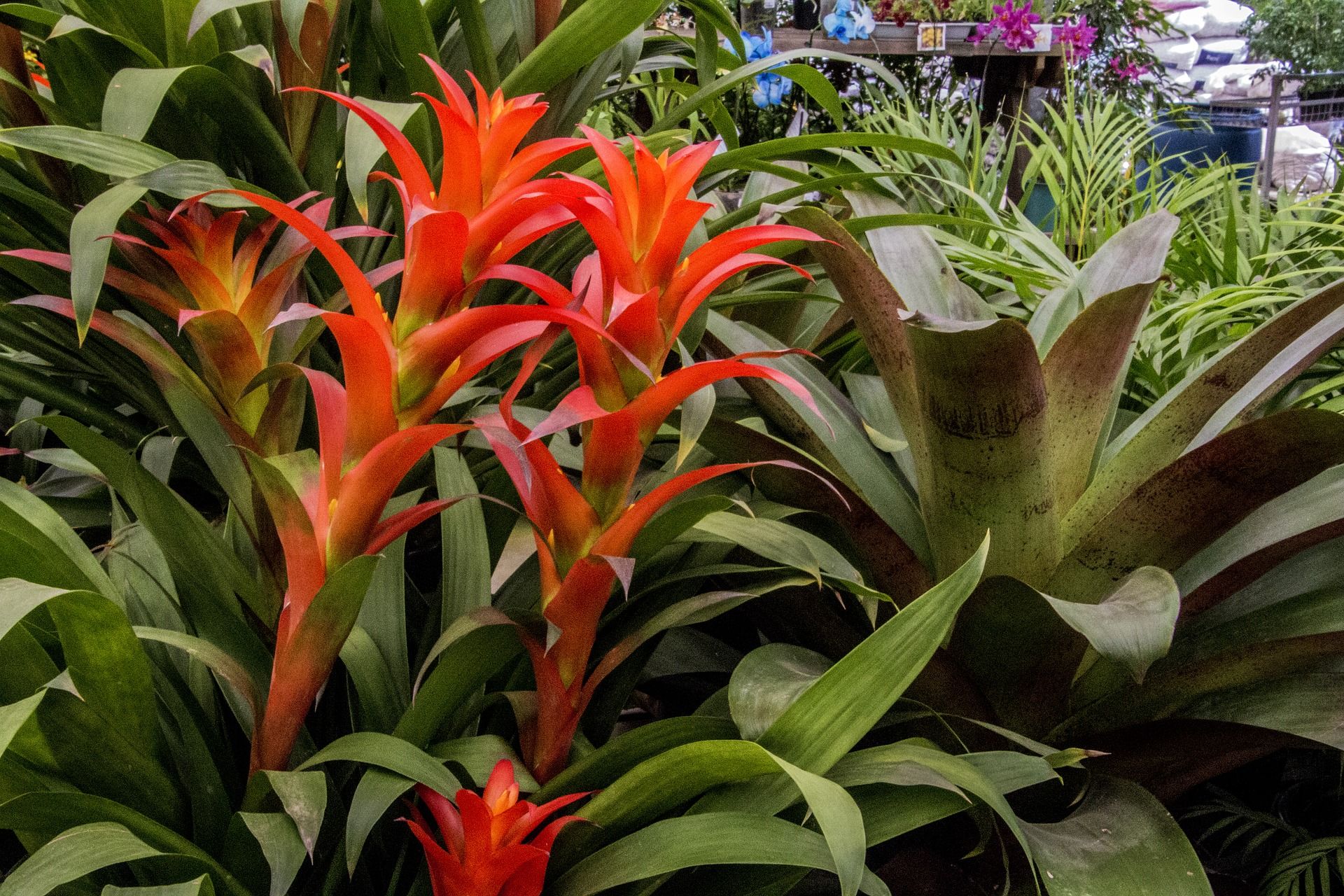
For more information on plants, check out plants that add positivity to your life and plants that repel mosquitoes.
